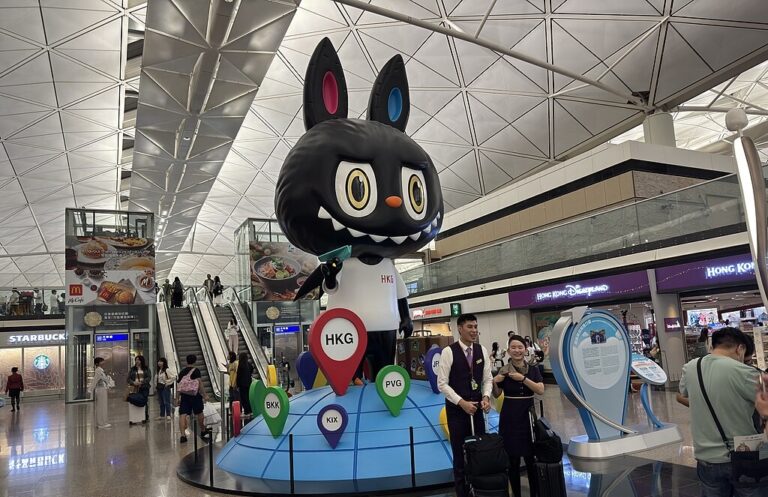Kasidit Teerawiboosin, a 22-year-old Thai reseller, once rode the wave of Pop Mart’s Labubu toy craze to quick profits. But the boom in reselling these collectible “The Monsters” figures is fading fast. “Prices in the Thai resale market are going down really, really, really fast,” he said, after flipping unopened Pop Mart toys since early 2024.
Labubu, a star from Pop Mart’s “The Monsters” lineup, became a sensation thanks to global celebrity fans like Blackpink’s Lisa, Rihanna, and David Beckham. Their popularity fueled soaring sales and a lucrative resale market. However, resale prices have plunged since peaking this summer, sparking investor concerns over the sustainability of Pop Mart’s toy empire.
Data from China’s Qiandao resale platform shows the Labubu “Luck” figure, launched in April, once sold for over 500 yuan ($70.20) but now averages around 108 yuan. Other characters in the series are now cheaper on the secondary market than in official Pop Mart stores. Pop Mart’s stock has dropped about 25% since August highs, though it remains up 186% year to date.
Company executives attribute the price drop not to falling demand but to soaring supply. “It’s similar to concert tickets,” said Sid Si, Pop Mart’s co-COO. “But unlike concerts, we can increase supply to meet demand.” The company ramped up plush toy production by tenfold in 2024, now producing about 30 million units per month.
Analysts say a flood of new supply and resellers’ heavy participation in initial sales have eased scarcity, reducing resale prices. Still, Pop Mart’s revenue jumped 250% in July–September, signaling strong demand. As Pop Mart expands globally—with its largest store opening in Bangkok—resellers like Teerawiboosin are shifting focus abroad, targeting markets in Europe and Russia where official stores are scarce.


